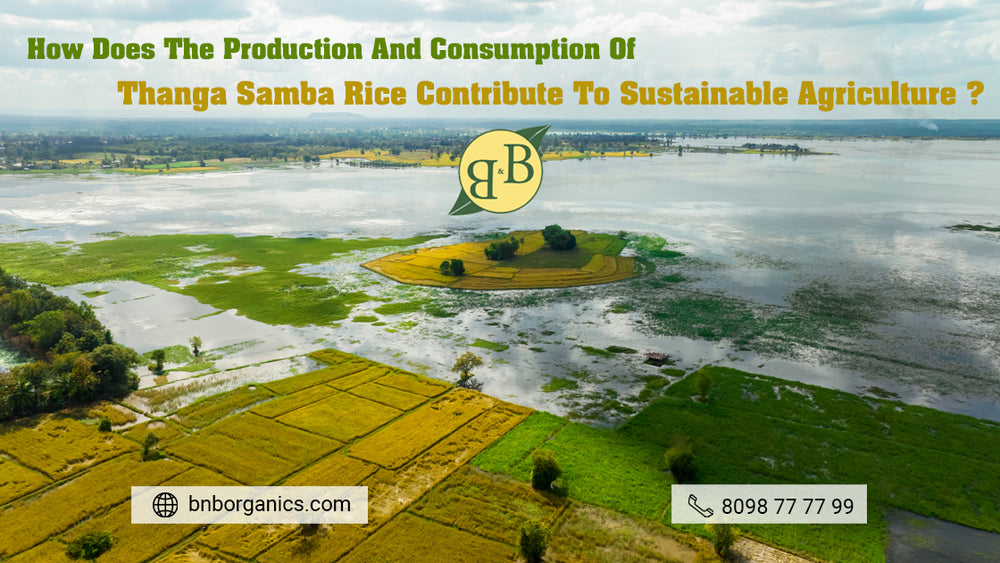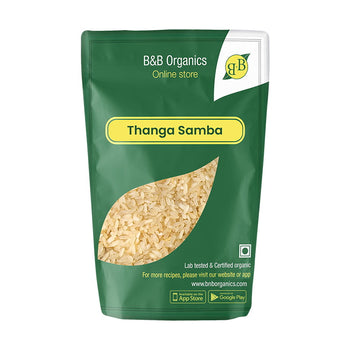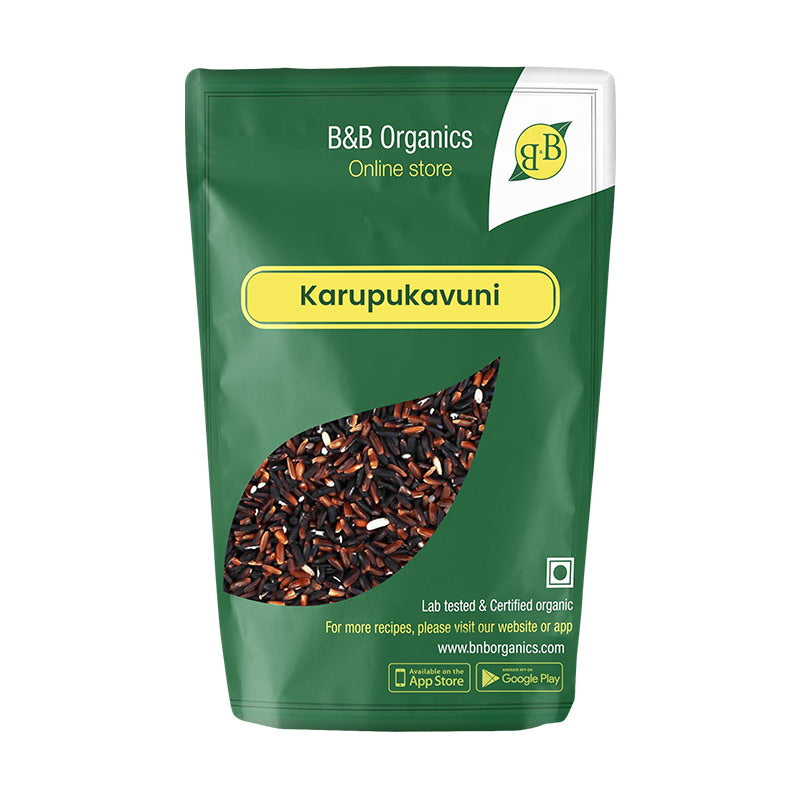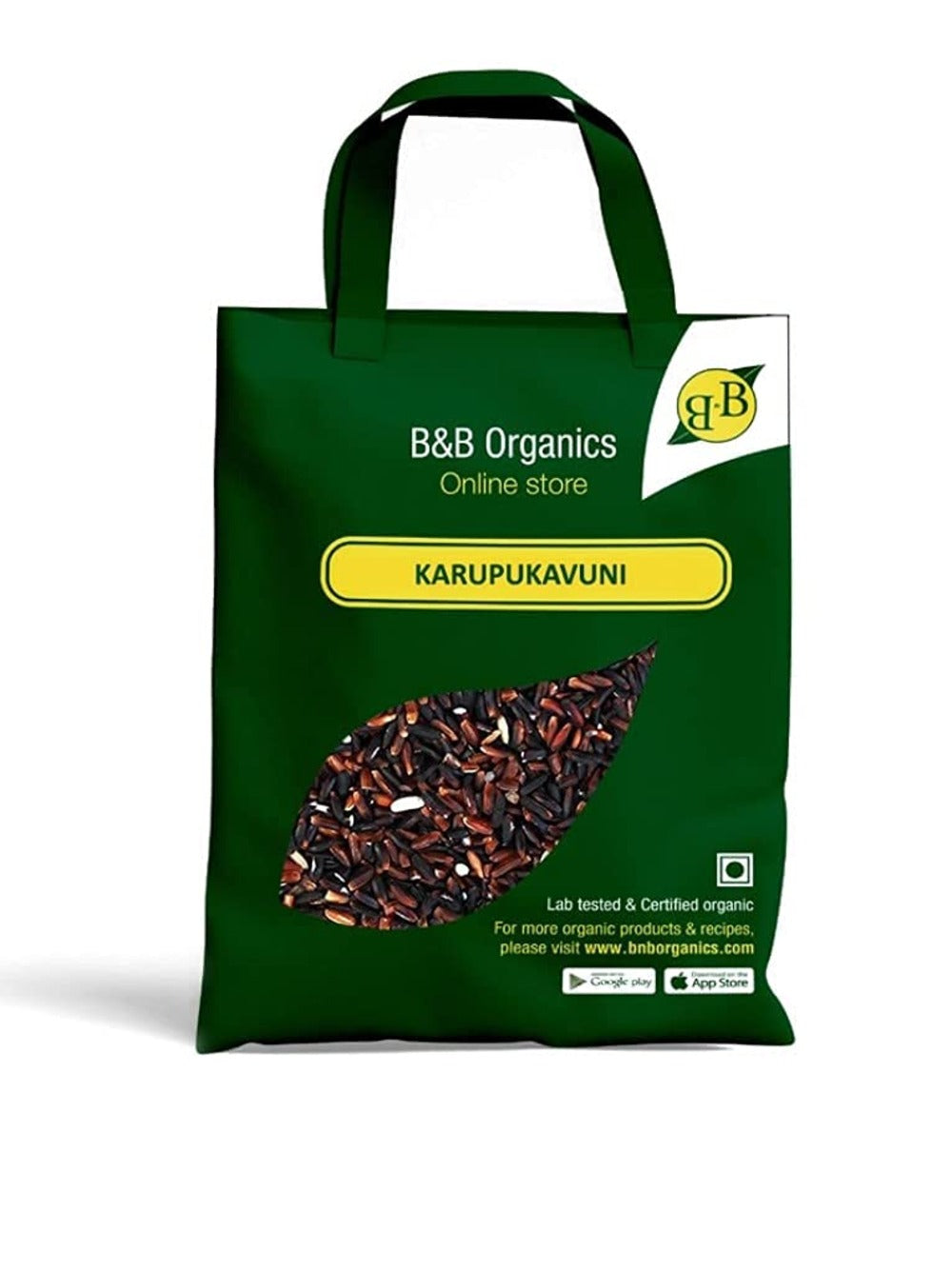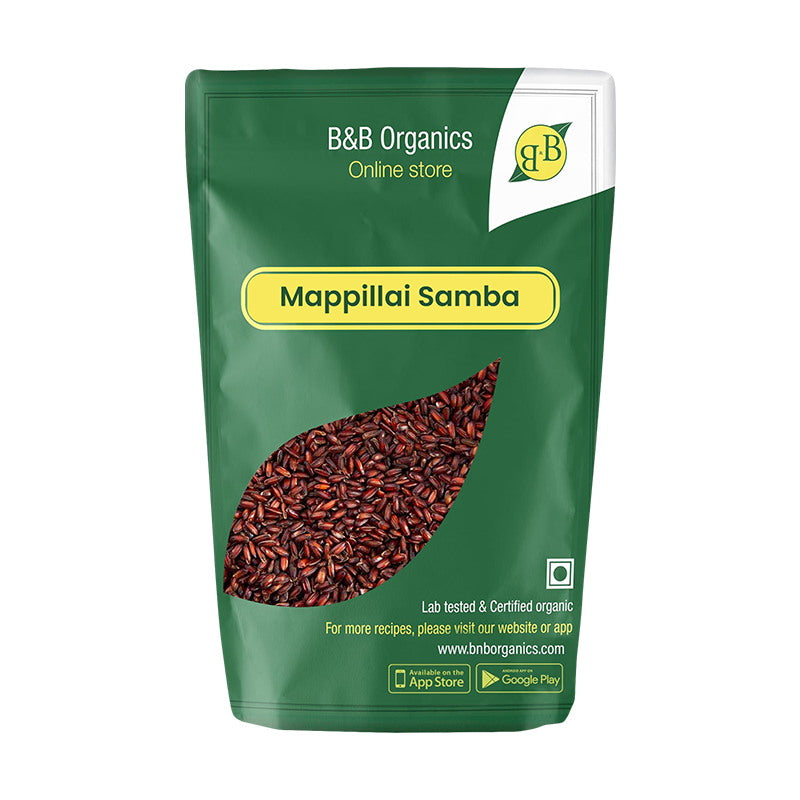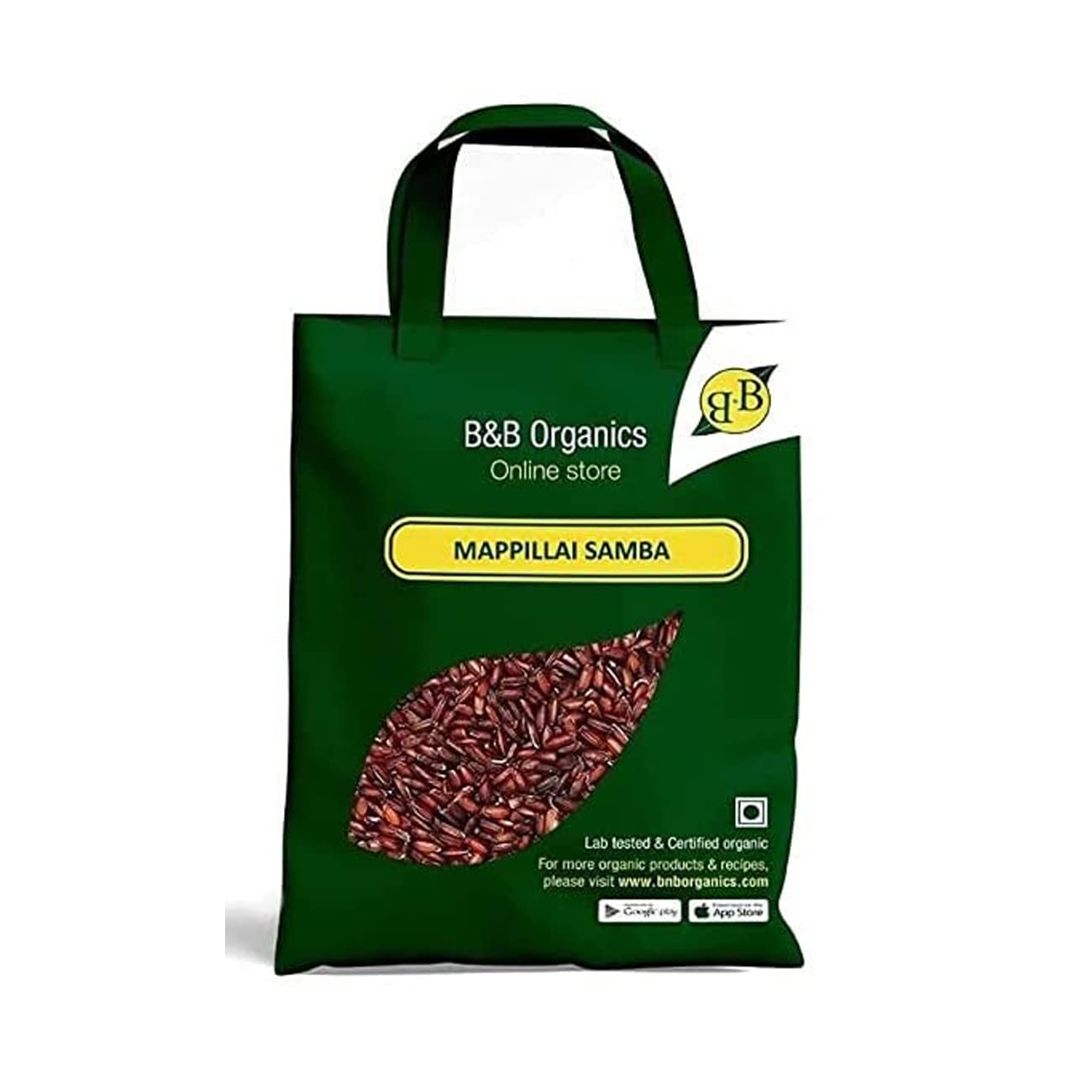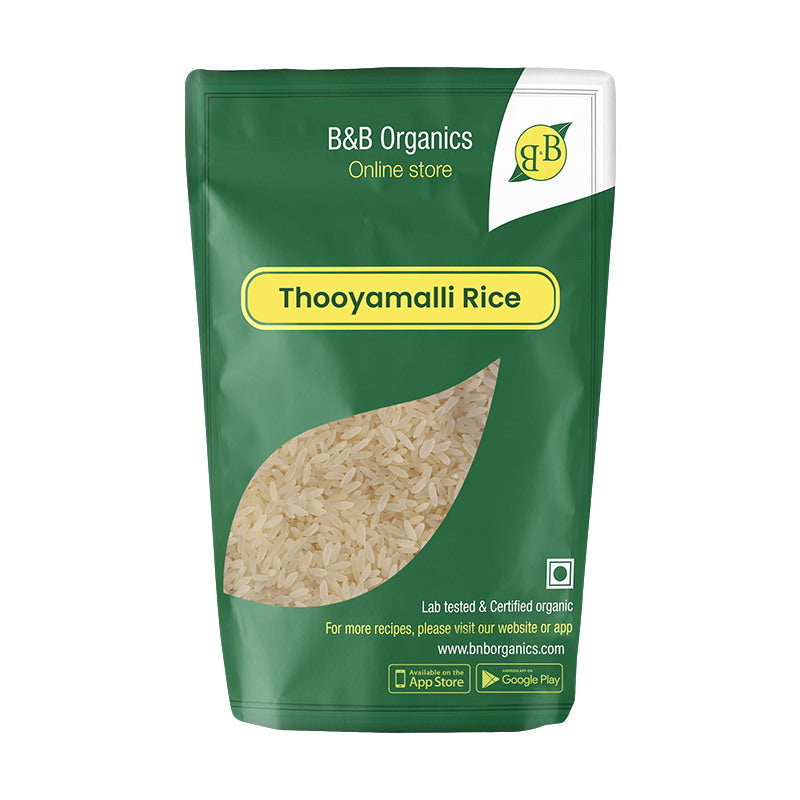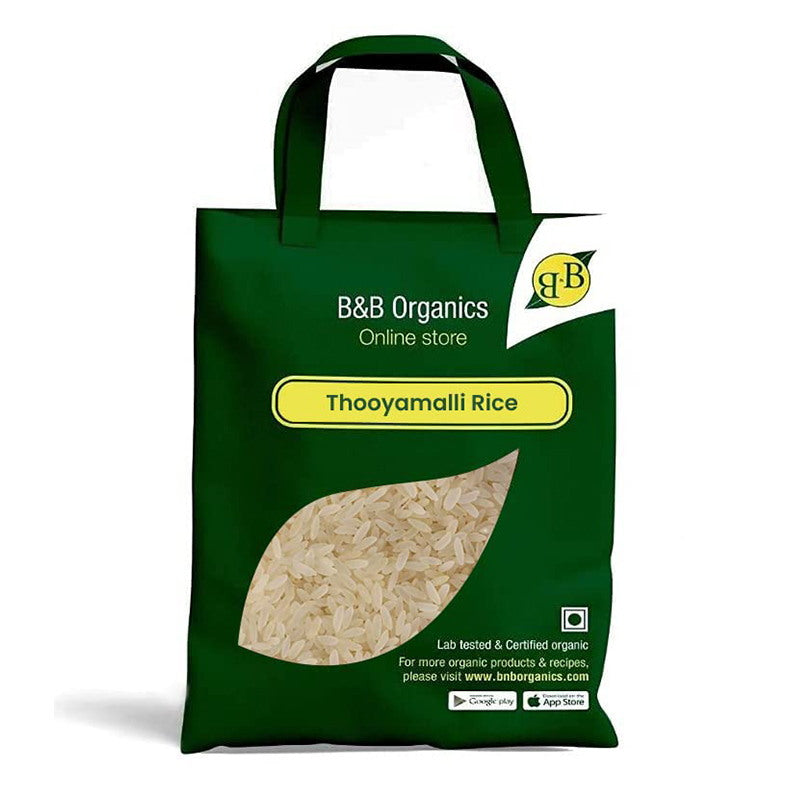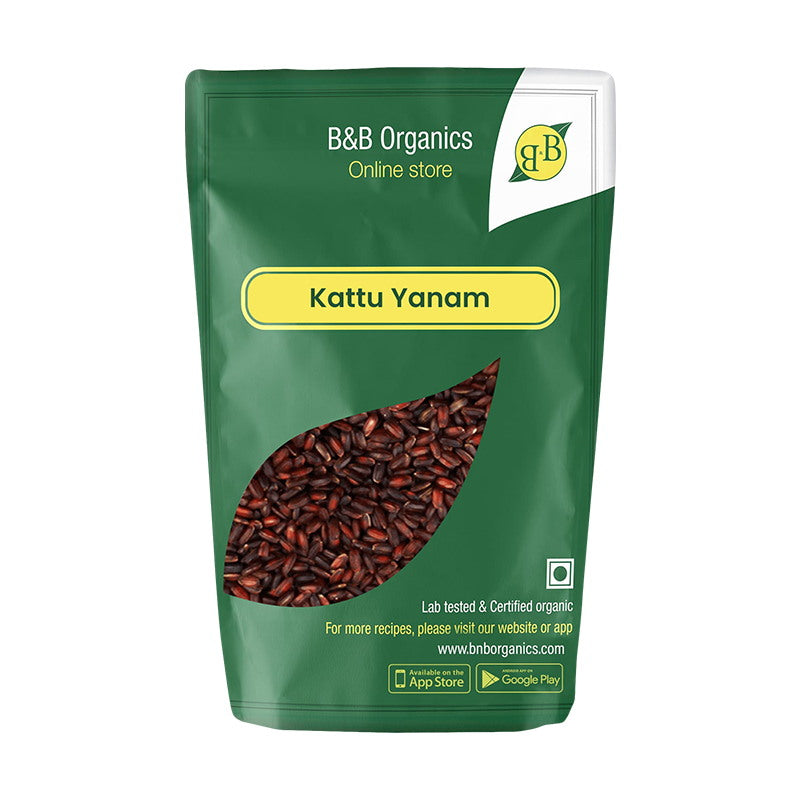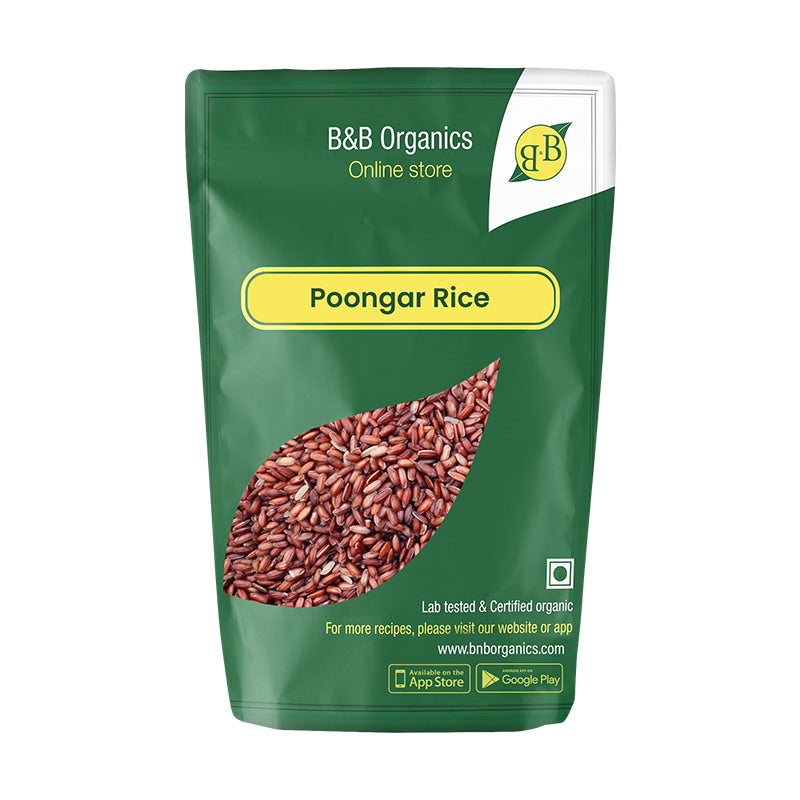Thanga Samba rice, renowned for its aroma, flavor, and nutritional value, plays a significant role in sustainable agriculture practices. Its production and consumption contribute to various aspects of sustainability, promoting environmental, social, and economic well-being. Here, we explore how the cultivation and utilization of Thanga Samba rice fosters sustainable agriculture.
Biodiversity Preservation:

Thanga Samba rice cultivation helps preserve biodiversity by maintaining genetic diversity within the rice ecosystem. Farmers who grow Thanga Samba rice contribute to the conservation of traditional rice varieties, preventing the loss of genetic resources and promoting agricultural resilience.
Water Management:
Thanga Samba rice is traditionally cultivated using the system of rice intensification (SRI), which emphasizes water management techniques. SRI techniques, such as reduced water usage and intermittent flooding, help conserve water resources and improve water use efficiency, contributing to sustainable water management in agriculture.
Organic Farming Practices:
Many farmers who cultivate Thanga Samba rice follow organic farming practices. They avoid the use of synthetic fertilizers and pesticides, relying on natural and organic inputs instead. This approach minimizes chemical pollution, protects soil health, and promotes a more ecologically balanced agricultural system.
Soil Health and Nutrient Cycling:
Thanga Samba rice cultivation involves practices that enhance soil health and nutrient cycling. Farmers often incorporate organic matter, such as compost or green manure, into the soil, improving its structure, fertility, and water-holding capacity. This promotes long-term soil health and reduces the need for external inputs.
Reduced Carbon Footprint:
Sustainable rice cultivation practices associated with Thanga Samba rice, such as SRI, help reduce greenhouse gas emissions. SRI techniques require less water and emit lower amounts of methane, a potent greenhouse gas commonly associated with rice cultivation. By adopting such practices, farmers contribute to mitigating climate change.
Support for Small-scale Farmers:
Thanga Samba rice production is predominantly carried out by small-scale farmers. By cultivating and selling this rice, they gain economic opportunities and

maintain their livelihoods. Supporting small-scale farmers promotes a more equitable and inclusive agricultural system, contributing to the sustainability of rural communities.
Food Security and Nutrition:
Thanga Samba rice is a nutritious staple food that provides essential nutrients to communities. Its cultivation and consumption contribute to food security by diversifying food sources and ensuring access to locally produced, healthy grains. By promoting diverse and nutritious food options, sustainable agriculture supports improved nutrition and public health.
Cultural Preservation:
Thanga Samba rice holds cultural significance and heritage value in various regions. By cultivating and consuming this traditional rice variety, communities preserve their cultural identity, culinary traditions, and agricultural heritage. Sustainable agriculture practices that prioritize the cultivation of indigenous crops like Thanga Samba rice contribute to cultural preservation.
In conclusion, the production and consumption of Thanga Samba rice align with the principles of sustainable agriculture. Its cultivation supports biodiversity, water management, organic farming, soil health, and reduced carbon footprint. Additionally, it provides economic opportunities for small-scale farmers, ensures food security and nutrition, and contributes to cultural preservation. By embracing and promoting Thanga Samba rice, we can foster sustainable agricultural systems that benefit the environment, society, and future generations.


